South Africans are entitled to clear answers about the role of foreign warships in Exercise Will for Peace 2026. Instead, what we have seen is confusion, contradiction and secrecy.
Yesterday the SANDF posted that four naval vessels would take…
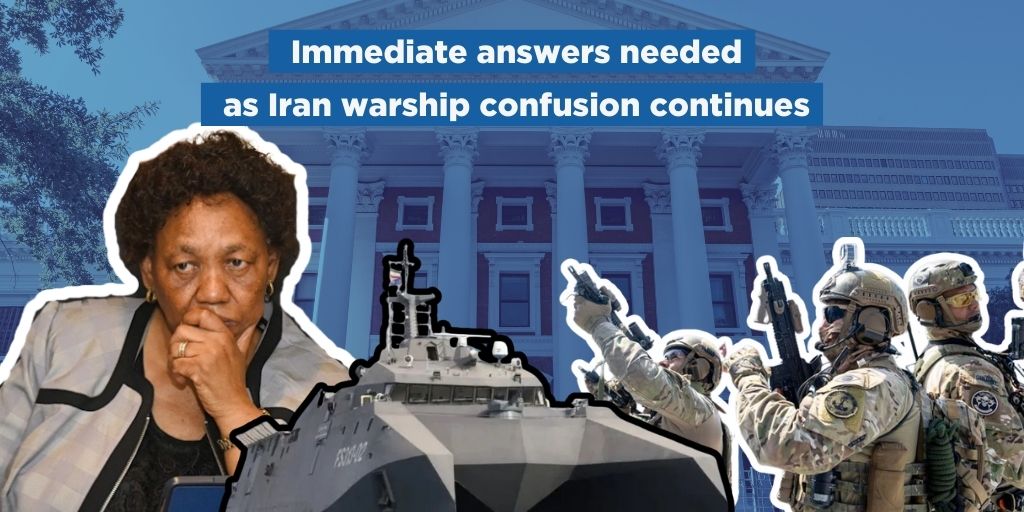
South Africans are entitled to clear answers about the role of foreign warships in Exercise Will for Peace 2026. Instead, what we have seen is confusion, contradiction and secrecy.
Yesterday the SANDF posted that four naval vessels would take…

Closely watched talks on Donald Trump’s demands to take over Greenland have ended in Washington after nearly an hour.
The vice-president, JD Vance, and secretary of state, Marco Rubio, hosted the foreign ministers of Denmark and Greenland on…
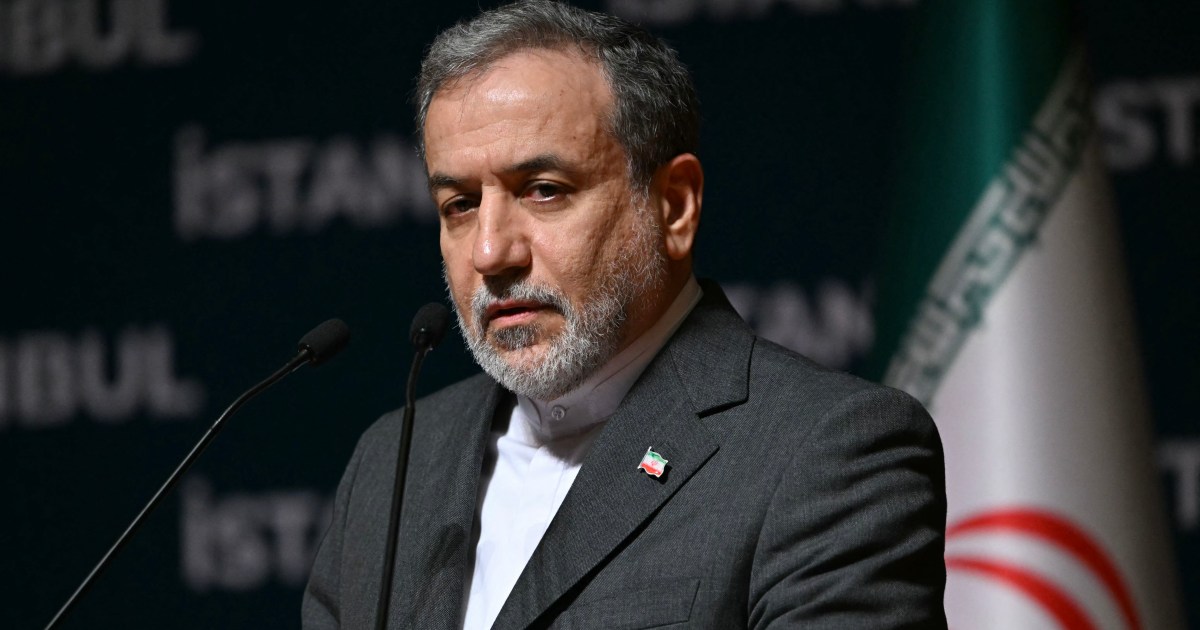
DEVELOPING STORYDEVELOPING STORY,
Published On 14 Jan 2026
Direct contact between senior officials from the United States and Iran has broken down, according to reports, as tension between…
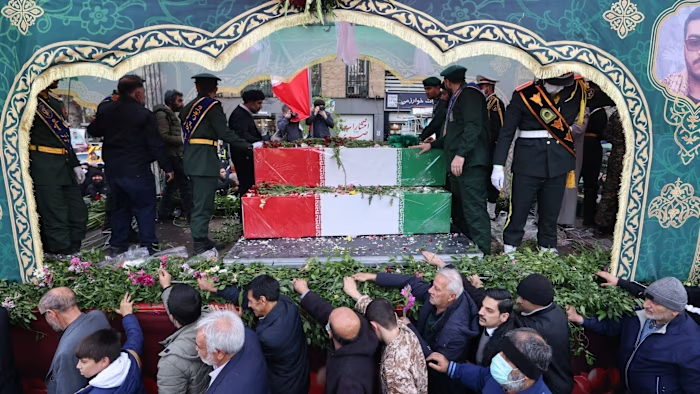
Iran’s chief justice has said the regime should move swiftly to “punish” people detained in nationwide protests, despite Donald Trump’s threat that he would “take very strong action” if Tehran started executing protesters.
In a video…
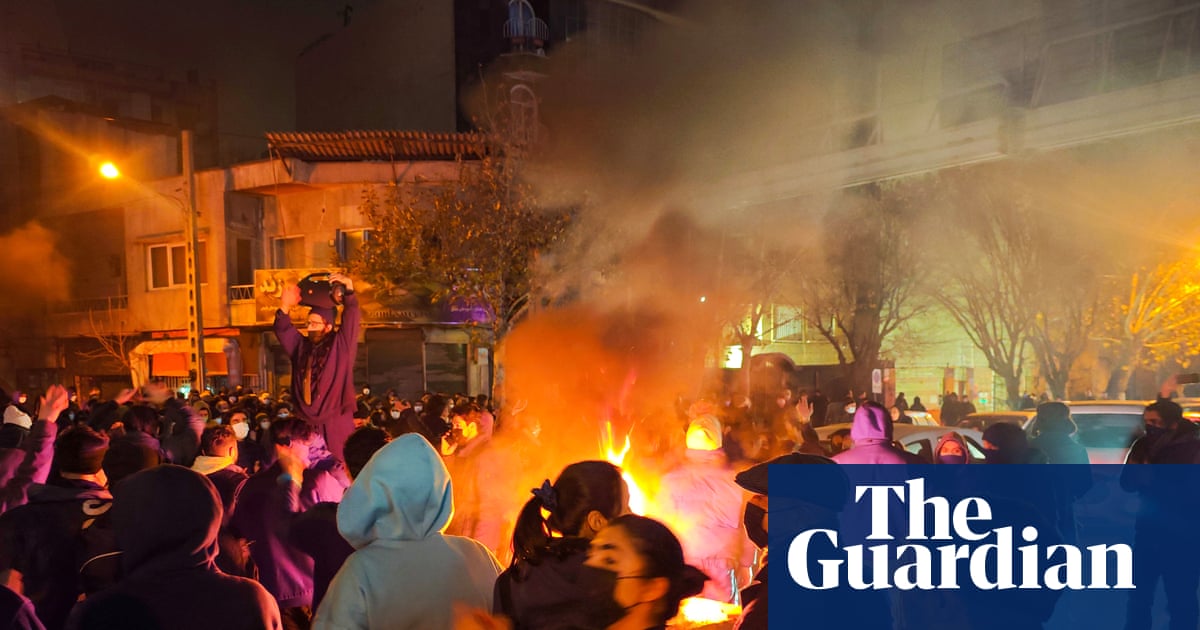
Good morning.
An ophthalmologist in Tehran has documented more than 400 eye injuries from gunshots in a single hospital, as overwhelmed medical staff struggle to cope with the toll of a brutal crackdown on nationwide protests by Iranian…
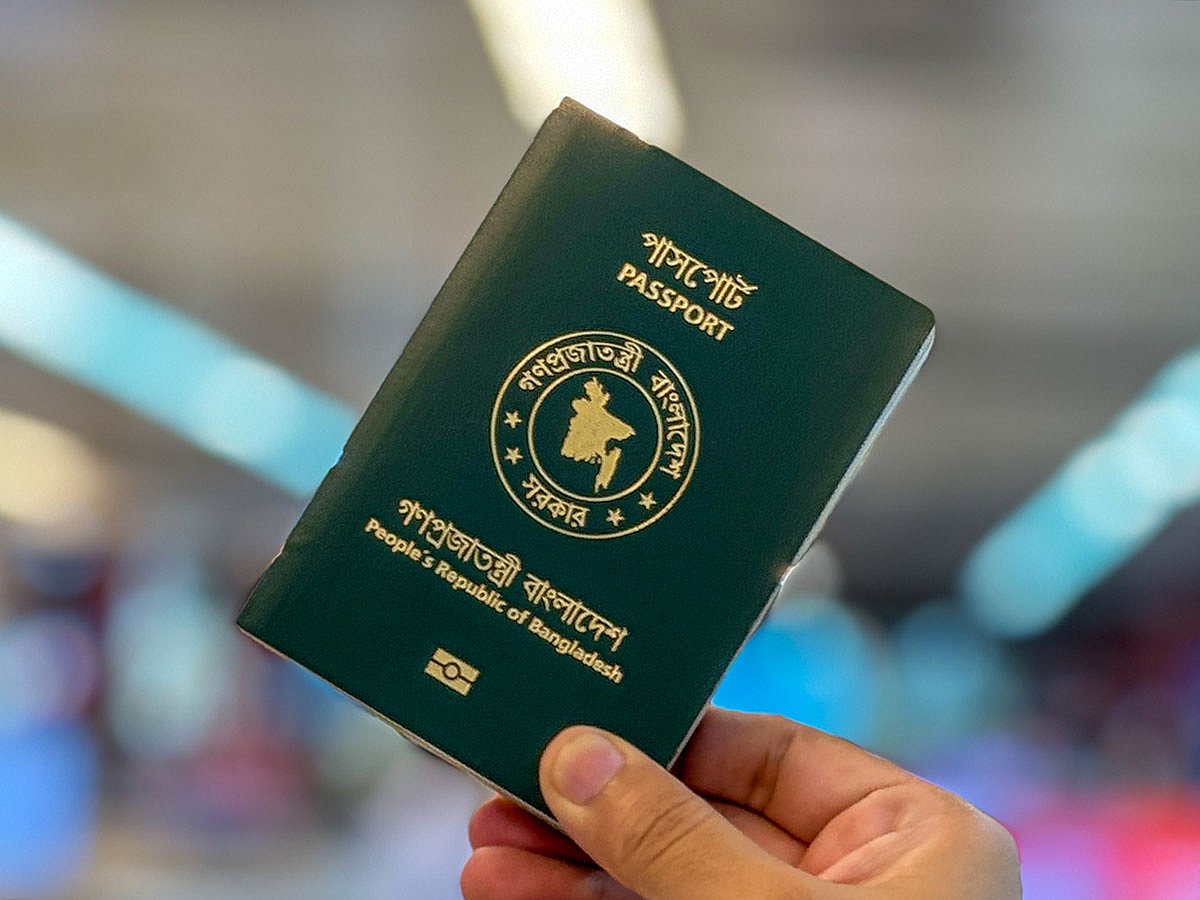
Bangladesh passport holders have a mix of visa-free, Visa-on-Arrival (VOA), and eTA destinations, offering flexible travel for leisure, business, or short-term visits. Popular visa-free…
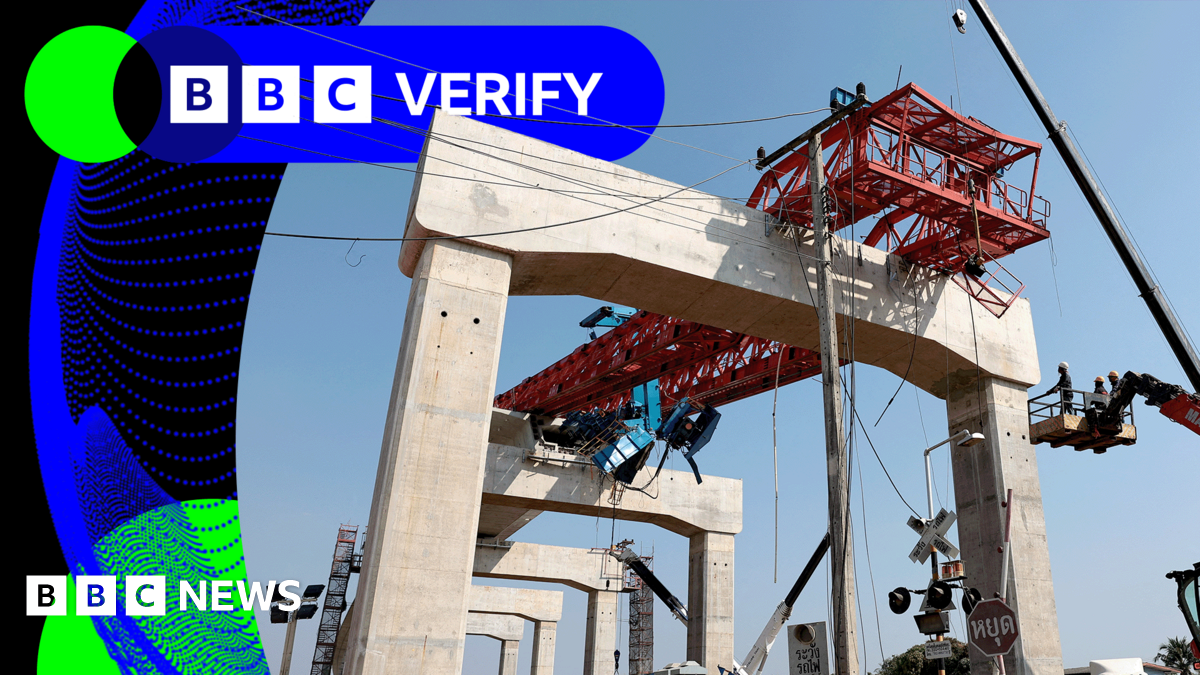
Peter Mwai
BBC Verify senior journalist, reporting from Nairobi, Kenya
Internet monitoring organisation Netblocks has…